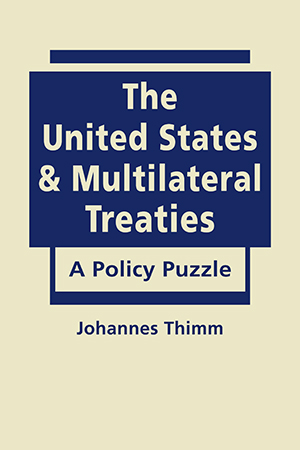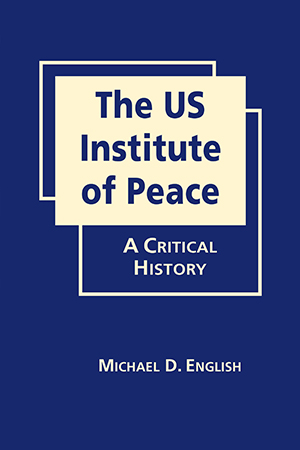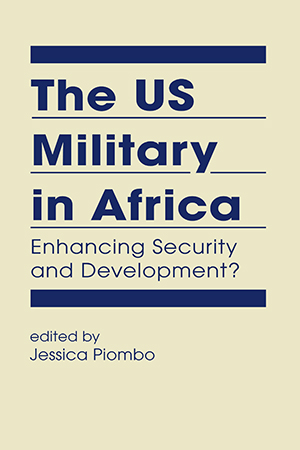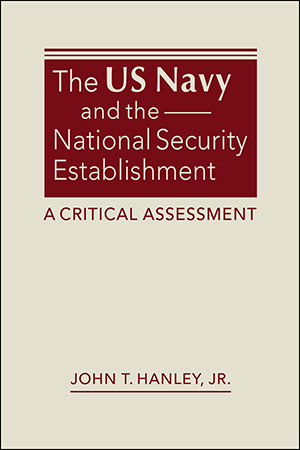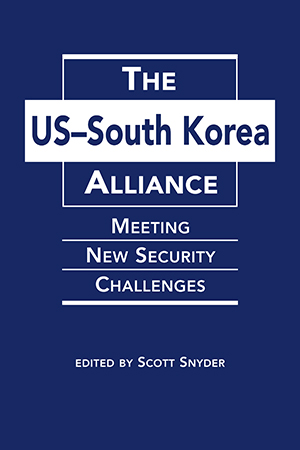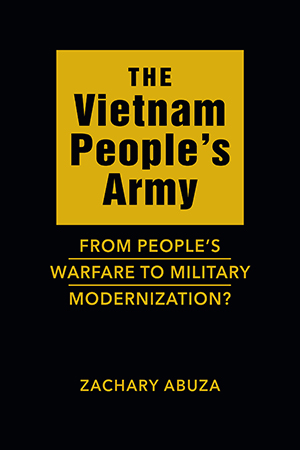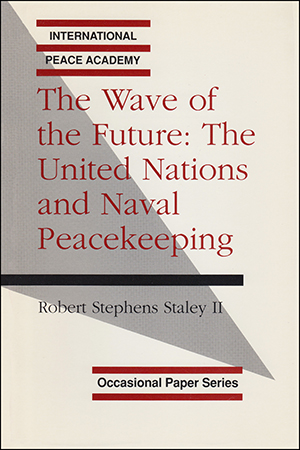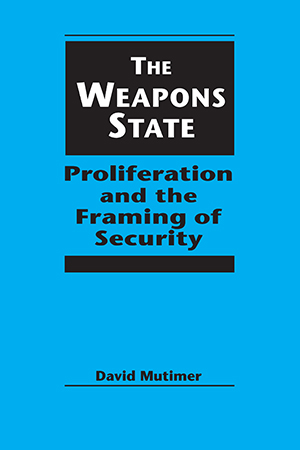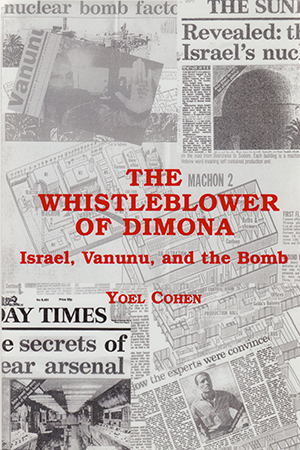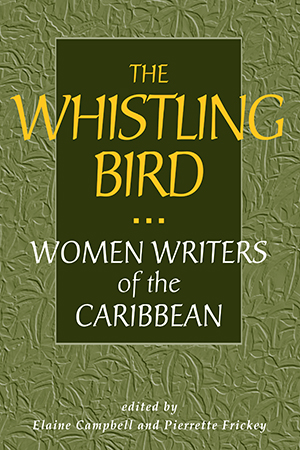BOOKS
Why is the US so reluctant to join global multilateral treaties, even when those treaties are in line with its own policies? And how does it decide which treaties to ratify? Finding that the More >
Long a source of contention and ambiguity in Washington, the US Institute of Peace (USIP) is seen by some as a vital part of the US national security apparatus, by others as a counter to the More >
Recent US security policy toward Africa has adopted a multidimensional approach—including the use of military assets to promote economic development and good governance—that has More >
The US Navy is the most formidable naval force in the world—yet, it seems ill-suited to face today's challenges, especially the rise of China's maritime power. What explains More >
How can the United States and South Korea best cooperate to address new security challenges? Can the US-ROK alliance serve to advance South Korea's interests and at the same time help More >
Can the Vietnamese military, which decades ago defeated the French, the Americans, and the Chinese, move away from its tradition of "people's war" to adapt to both the More >
Though the United Nations will face numerous challenges on the world's oceans in the next decades, it has not yet developed the capability to operate effectively in the areas of maritime More >
The proliferation of all kinds of weapons (nuclear, chemical, biological, and even conventional) is emerging as a focal point for international security. This book shows how both the More >
In 1986, Mordechai Vanunu, a technician at Israel's highly secret nuclear arms research center at Dimona, disclosed highly classified details about Israel's nuclear arms program to More >
The Whistling Bird celebrates what were until recently the little-heard voices of women writers from the Caribbean. The anthology includes short stories, poetry, drama, and excerpts from More >


